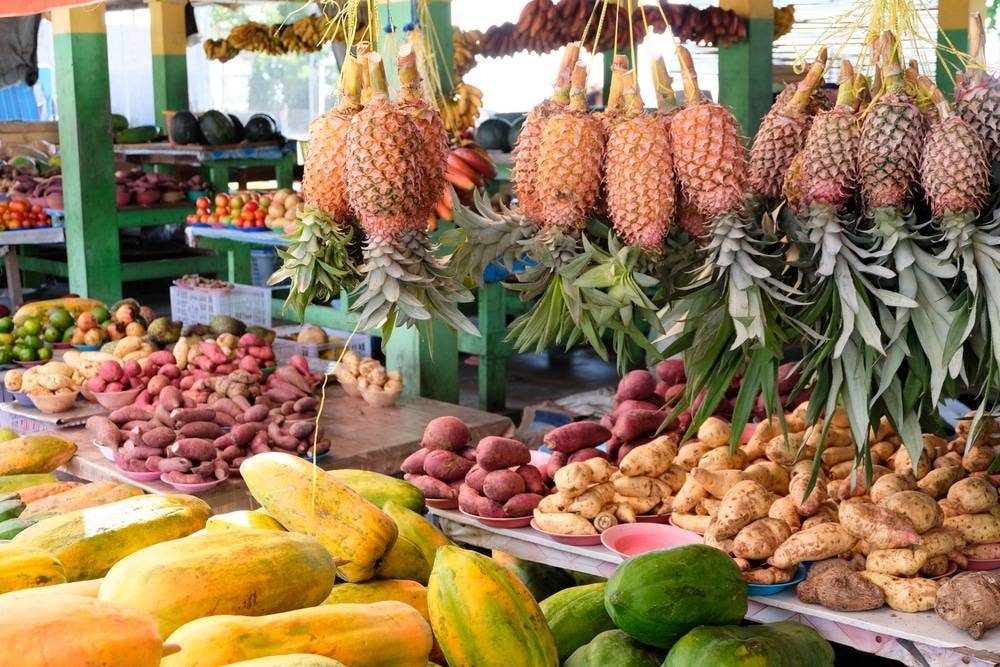Beat the Heat with Your Diet For Hot Weather: Key Nutritional Strategies for Enhanced Heat Tolerance
As global temperatures climb, the need for practical strategies to manage heat-related health issues becomes increasingly urgent. Modifying one’s diet for hot weather, a seemingly simple approach, holds significant potential in combating the physiological impacts of heat stress.
Research suggests that certain nutrients can mitigate these effects, enhancing the body’s ability to cope with increased temperatures. This article explores how dietary supplements and specific nutrients can be strategically used to improve heat tolerance, potentially decreasing the risk of conditions like exertional heatstroke.
Curcumin: A Powerful Addition to Your Diet for Hot Weather
Studies indicate that curcumin, a compound found in turmeric, plays a crucial role in maintaining gut health and reducing physiological strain under hot conditions. Consuming 500 mg/day of curcumin has been shown to diminish gastrointestinal barrier damage often exacerbated by heat stress.
This protective effect not only supports overall gut health. It also potentially lowers the risk of exertional heatstroke—a serious concern in hot weather. Integrating curcumin into your diet for hot weather can be a strategic move to enhance your body’s resilience against heat-induced challenges.
Carbohydrate and Protein Supplementation
Research highlights the importance of carbohydrates and proteins in improving aerobic and thermoregulatory capacities. Particularly, the benefits for older adults facing hot weather. These macronutrients facilitate physiological adaptations that not enhance endurance. It also helps the body manage heat more effectively, reducing heat-related health risks.
For example, incorporating slow-release carbohydrates such as oatmeal, whole grain pasta, and brown rice into meals can provide sustained energy. Proteins like lean meats, tofu, and legumes are crucial for muscle repair and heat stress recovery. Together, these nutrients support sustained energy levels and efficient body cooling, making them key components of a diet for hot weather.
Vitamin C: A Vital Nutrient for Hot Weather
Vitamin C is renowned for its ability to enhance immune function, but it also plays a pivotal role in combating heat stress. Studies suggest that this antioxidant helps prevent nitrate tolerance, which is crucial for maintaining vascular function under stress. Furthermore, Vitamin C supplementation can improve blood flow and reduce cardiovascular strain, critical factors in managing body temperature during hot weather. Including rich sources of vitamin C like oranges, strawberries, and bell peppers in your diet for hot weather can aid in better blood circulation and reduced heat stress effects.
Dietary Fibre: Enhancing Gut Health and Heat Resilience
High dietary fibre intake is linked to numerous health benefits, including improved insulin sensitivity and a healthier gut microbiota, both of which play significant roles in how the body copes with heat.
Research suggests that the changes in gut microbiota brought about by high fibre consumption can influence systemic inflammation and thermoregulation. Foods rich in fibre, such as legumes, whole grains, and vegetables, not only support digestive health but also contribute to a more efficient body cooling process in hot weather. Incorporating these foods into your diet for hot weather can therefore enhance your overall heat tolerance.
Harnessing Diet for Heat Resilience
The strategic modification of diet can significantly bolster human resilience to heat stress, as evidenced by various studies.
While the results so far are promising, continued research is necessary to fully understand and optimise the potential of dietary modifications in managing heat-related health risks. Future studies should aim to refine our understanding of how specific nutrients and their interactions affect heat stress resilience, ensuring that dietary recommendations can be tailored more effectively to individual needs and environmental conditions.
References
- Upadhyaya, B., McCormack, L., Fardin-Kia, A. R., Juenemann, R., Nichenametla, S., Clapper, J., Specker, B., & Dey, M. (2016, June 30). Impact of dietary resistant starch type 4 on human gut microbiota and immunometabolic functions. Scientific Reports, 6(1). https://doi.org/10.1038/srep28797
- Bassenge, E., Fink, N., Skatchkov, M., & Fink, B. (1998, July 1). Dietary supplement with vitamin C prevents nitrate tolerance. Journal of Clinical Investigation, 102(1), 67–71. https://doi.org/10.1172/jci977
- Laaksonen, D. E., Toppinen, L. K., Juntunen, K. S., Autio, K., Liukkonen, K. H., Poutanen, K. S., Niskanen, L., & Mykkänen, H. M. (2005, December). Dietary carbohydrate modification enhances insulin secretion in persons with the metabolic syndrome. The American Journal of Clinical Nutrition, 82(6), 1218–1227. https://doi.org/10.1093/ajcn/82.6.1218
- Okazaki, K., Goto, M., & Nose, H. (2009, November 30). Protein and carbohydrate supplementation increases aerobic and thermoregulatory capacities. The Journal of Physiology, 587(23), 5585–5590. https://doi.org/10.1113/jphysiol.2009.180562
- Szymanski, M. C., Gillum, T. L., Gould, L. M., Morin, D. S., & Kuennen, M. R. (2018, February 1). Short-term dietary curcumin supplementation reduces gastrointestinal barrier damage and physiological strain responses during exertional heat stress. Journal of Applied Physiology, 124(2), 330–340. https://doi.org/10.1152/japplphysiol.00515.2017

